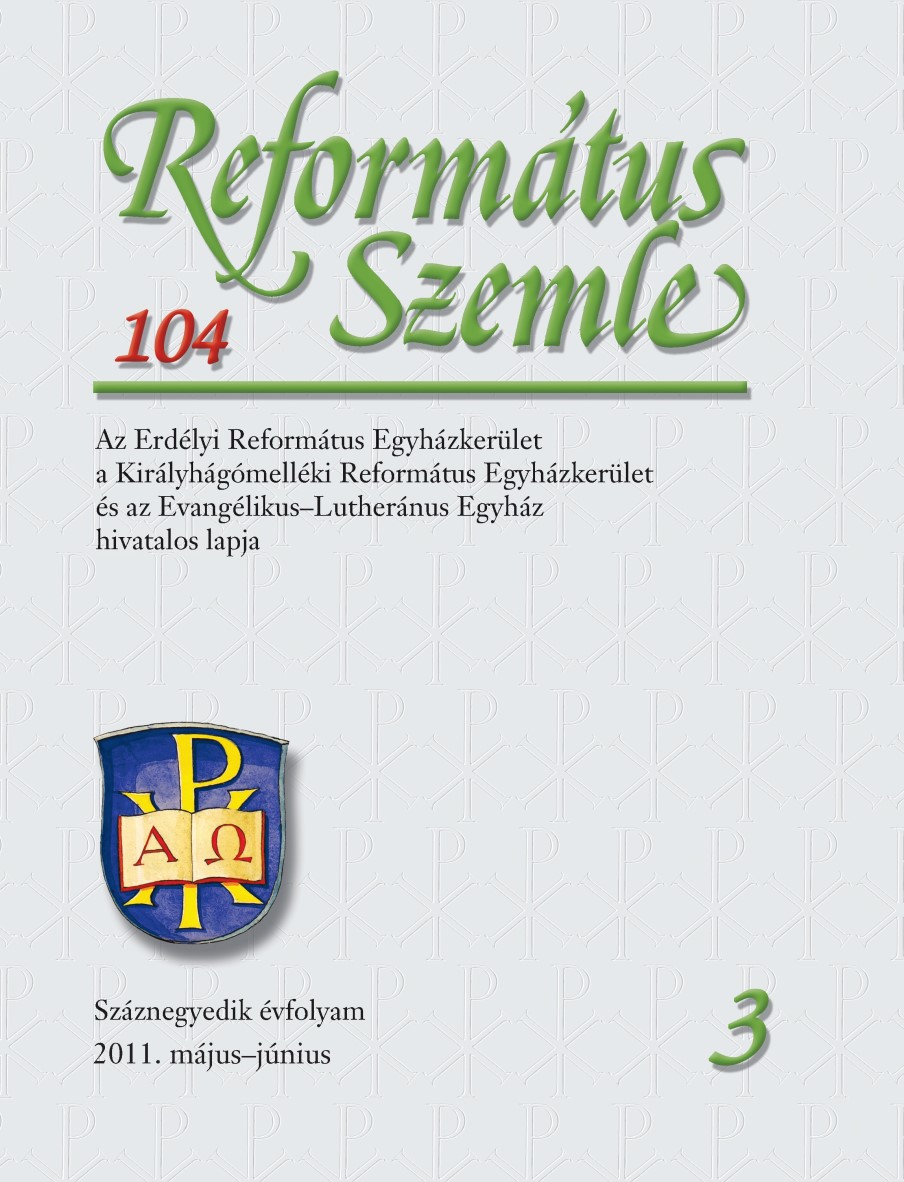Gazdasági jellegű sérelmek a Dél-Erdélyi Református Egyházban 1940–44 között II.
Economical Injuries Suffered by the Southern Transylvanian Reformed Church between 1940–1944. Part II.
Author(s): Alpár Csaba NagySubject(s): Theology and Religion
Published by: Erdélyi Református Egyházkerület
Keywords: Reformed Church of Transylvania;Romania during World War 2;tax burden;Southern Transylvania;Hungarian minority in Romania
Summary/Abstract: The study presents the situation of the Reformed Church in Romania between 1940 and 1944 from the economical perspective. The pauperization of the Hungarian population of Romania was a state policy in that period. The Reformed Church, which from an ethnic perspective was almost entirely Hungarian, was no exception. The economical pressings, the unbearable tax burden deci-mated its financial resources, weakening its capacity of economical selfsustainment. The published article is the second part of a longer series. This one presents the effects of the tax burden andcompulsory war loans. The tax burden meant the artificial raise of local taxes, which had to be paid by the local Reformed parishes. The methods for tax calculation changed radically from one year to another, causing the Reformed congregations to become unable to pay their taxes in 1941. Warloans supposedly served to support the battles fought for “the reunification of the nation”. This war loan, which in fact meant the financing of a war against Northern Transylvania, was obviously rejected by the Hungarian population, but the government still forced the church and its ministers to propagate it among the believers.
Journal: Református Szemle
- Issue Year: 104/2011
- Issue No: 3
- Page Range: 311-318
- Page Count: 8
- Language: Hungarian

